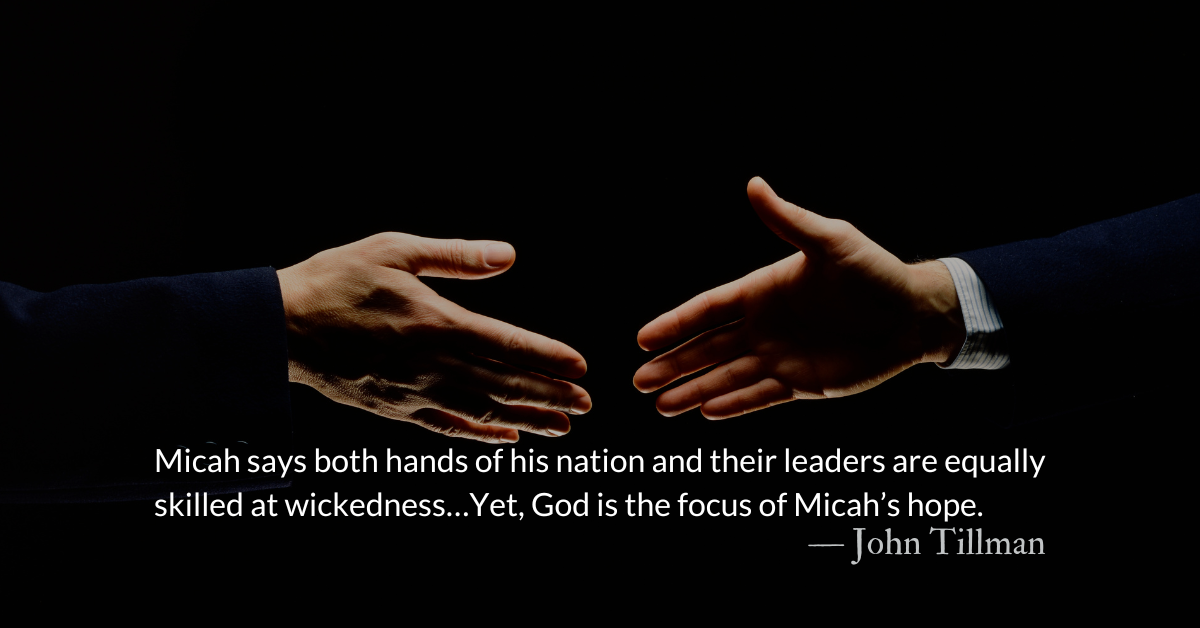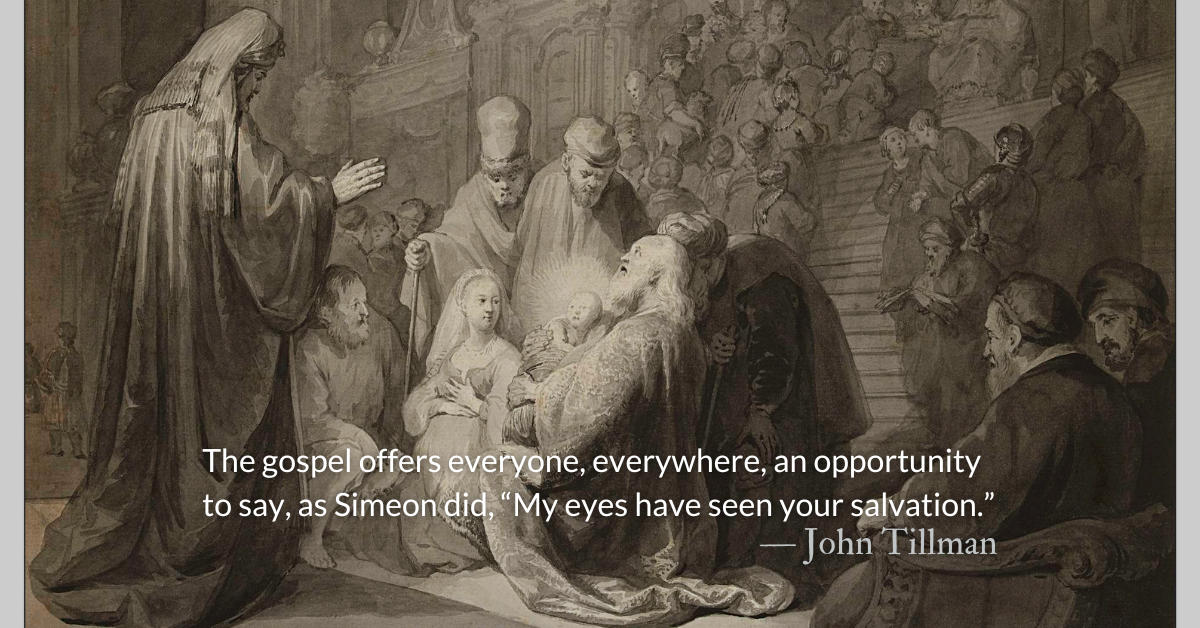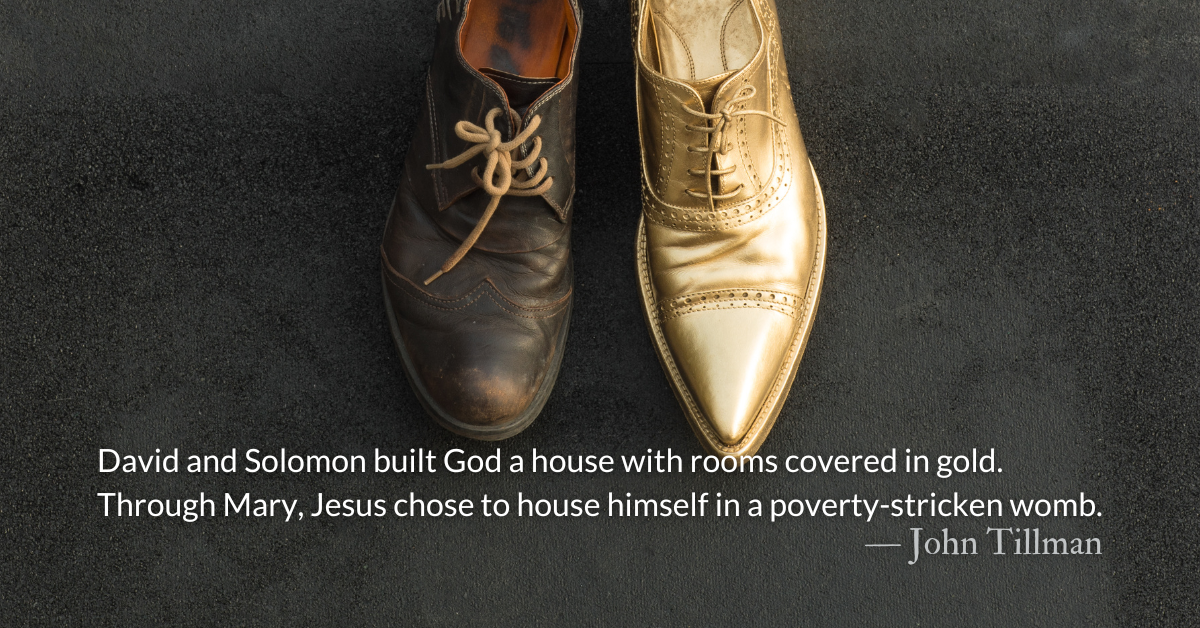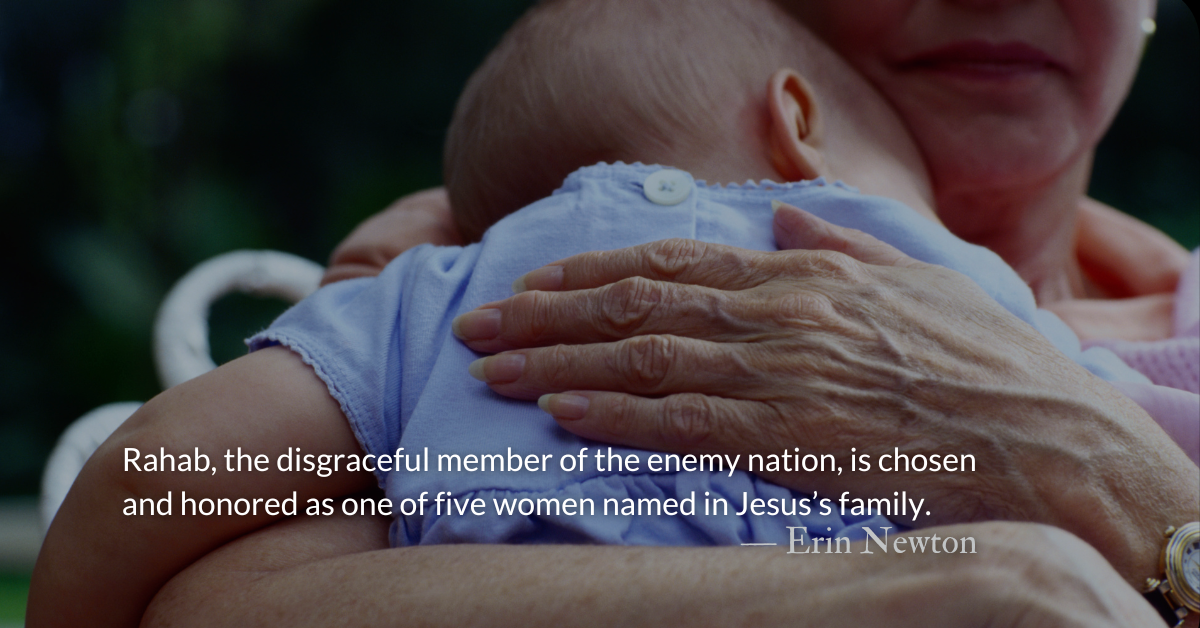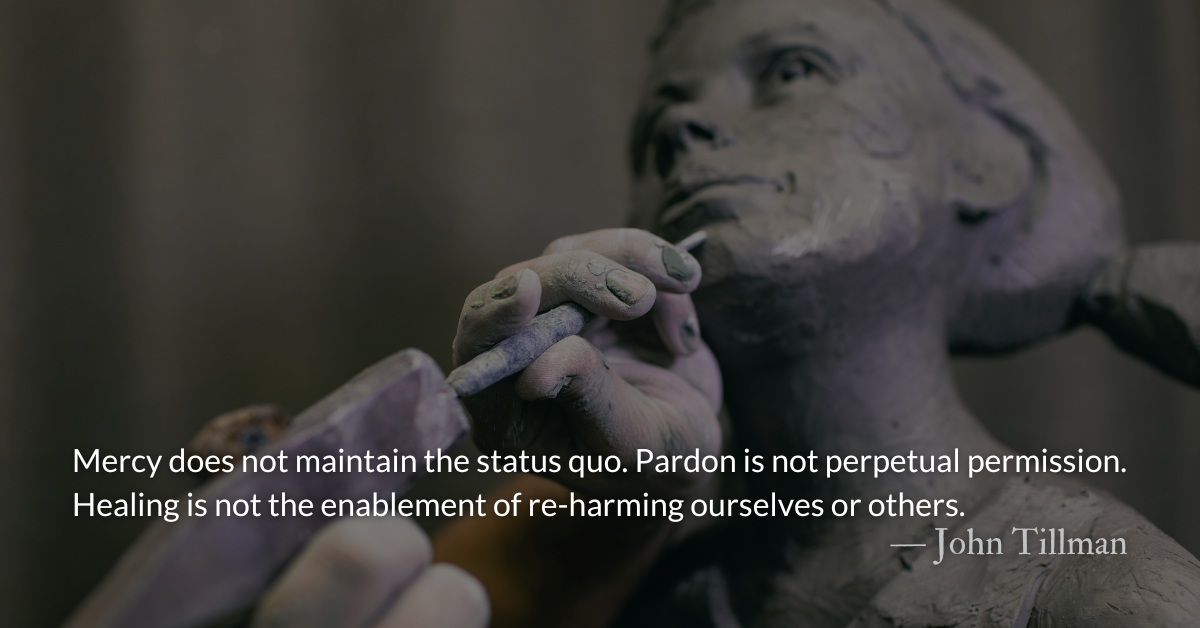Scripture Focus: Micah 7.3-4, 18-20
3 Both hands are skilled in doing evil;
the ruler demands gifts,
the judge accepts bribes,
the powerful dictate what they desire—
they all conspire together.
4 The best of them is like a brier,
the most upright worse than a thorn hedge.
18 Who is a God like you,
who pardons sin and forgives the transgression
of the remnant of his inheritance?
You do not stay angry forever
but delight to show mercy.
19 You will again have compassion on us;
you will tread our sins underfoot
and hurl all our iniquities into the depths of the sea.
20 You will be faithful to Jacob,
and show love to Abraham,
as you pledged on oath to our ancestors
in days long ago.
Originally published on May 7, 2024, based on readings from Micah 7.3-4, 18-20.
Readers’ Choice is here: There’s still time to tell us about your favorite, most meaningful posts of the year. If you shared it with someone, or it helped you, let us know via email, direct message, or filling out the linked form.
Music Week: Many choices from readers were ones having to do with music. Some were inspired by a song or hymn, some simply included music as part of the reflection experience. This week, we pray the Holy Spirit’s tune echoes in your heart and that he guides you into Truth as you listen again to these earthly tunes.
Readers’ Choice posts are selected by our readers:
Barbara, TN — Amen and amen!! We know so many people suffering such deep wounding and are praying with and for them and ourselves.
Brian, DC — “Thanks for this reflection. AMEN AMEN AMEN!”
Reflection: Equally Skilled Hands — Readers’ Choice
By John Tillman
Micah’s concluding trio of poetic sections are tinged with lament because disaster and destruction are coming, but they all have a taste of hope. Micah sees beyond the deserved punishment in the present to the undeserved restoration in the future. The section that is heaviest with lament is the first.
In most individuals, one hand is more skilled than the other. Scripture notes several times the left-handed and ambidextrous skills of Benjamite warriors. (Judges 3.15, 20.16; 1 Chronicles 12.1-2) Micah says both hands of his nation and their leaders are equally skilled at wickedness. The righteous have been swept away—like harvested fields, where only bare vines remain. The country sprouts with rulers, judges, and the wealthy and powerful, who are like briers or thorns. There is no grain, grapes, or figs, only grift, bribery, conspiracy, and betrayal. Yet, God is the focus of Micah’s hope.
The second section is a confession with confidence in restoration, spoken in the voice of Israel. “I have fallen,” Israel says, “but I will rise” because “the Lord will be my light.” There is darkness now, but light is coming. Micah warns Israel’s enemies not to gloat because one day, the Lord will remove Israel’s shame, and her enemies will face their own downfall.
The concluding psalm overflows with praise, fueled by God’s faithfulness. Based on God’s nature, not their worthiness, God’s flock will be cared for, guided, and blessed. The good shepherd will defend his flock and put an end to evil, crushing sin like a snake underfoot. Wickedness will drown in the depths and righteousness rise to the heights.
Micah looked around his world, nation, and city and saw chaos, corruption, and coming catastrophe. So might we. We may see left and right hands equally skilled in wickedness in our world, nations, and cities. Powerful rulers, judges, and leaders dictate what they desire, take bribes, and demand loyalty. Our neighbors, communities, and even family members may treat us like enemies.
Let us hope not in the left or right hands of leaders but in the nail-pierced hands of Christ. Jesus is the snake-crushing, lost sheep-seeking, wounded sheep-healing, banquet before our enemies-providing shepherd of our souls. (Psalm 23) His skilled hands hold healing, hope, justice, and peace. Let us take his hand and follow him, extending our other hand to the world. The only source of hope is in his hands.
Music: Jon Foreman – “Equally Skilled”
From John: The Divine Hours prayers will return in October. This month we will pray one scripture passage or verse each week.
Prayer:
Come, let us sing for joy to the Lord; let us shout aloud to the Rock of our salvation.
Let us come before him with thanksgiving and extol him with music and song.
For the Lord is the great God, the great King above all gods.
— Psalm 95.1-3
Today’s Readings
Jeremiah 35 (Listen 3:43)
1 Corinthians 11 (Listen 4:20)
Read more about Second Chances Blown
The most dreadful judgment of God is when he lets us burn in the fires of our own prideful self-confidence.
Read more about Supporting Our Work
Please consider becoming a donor. Support ad-free content that brings biblical devotionals to inboxes across the world.


